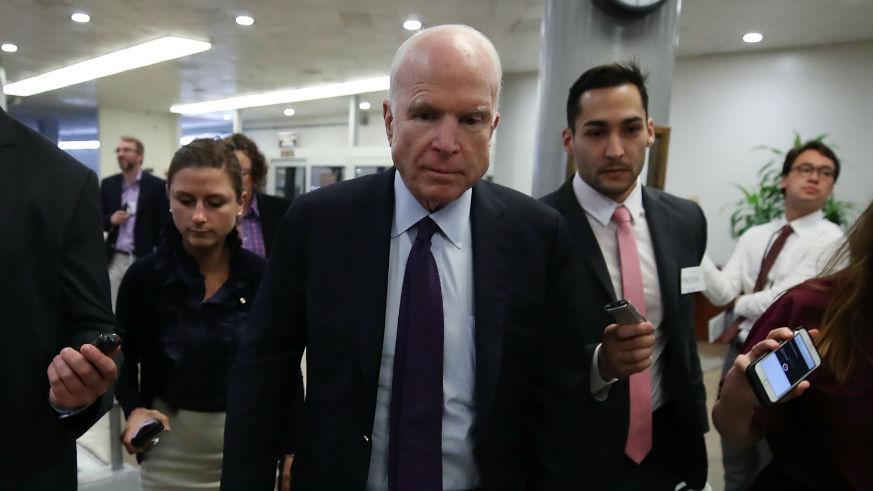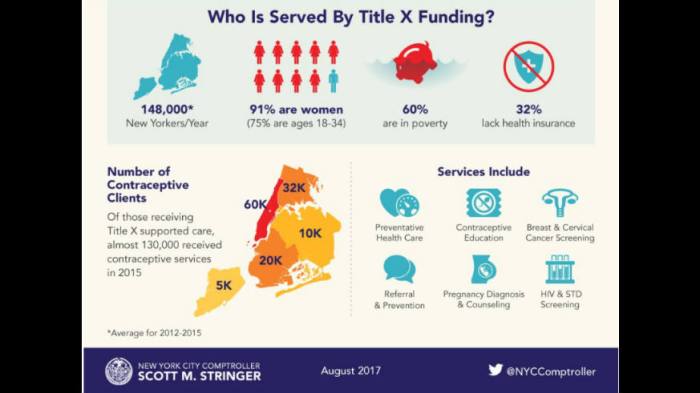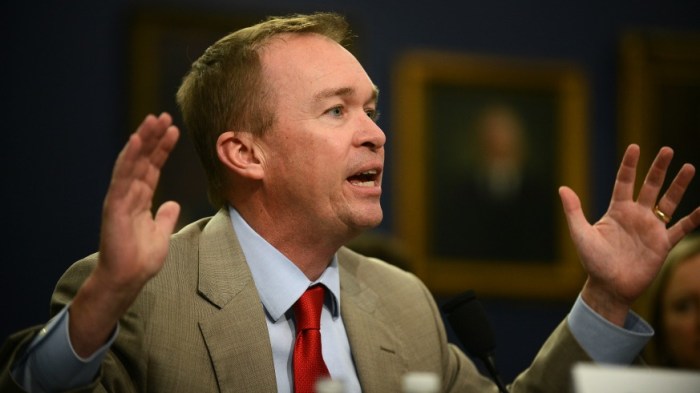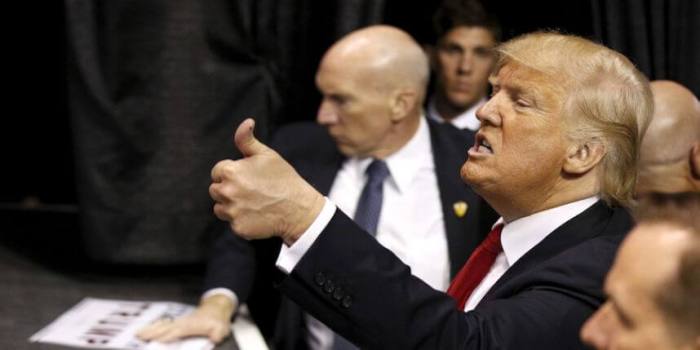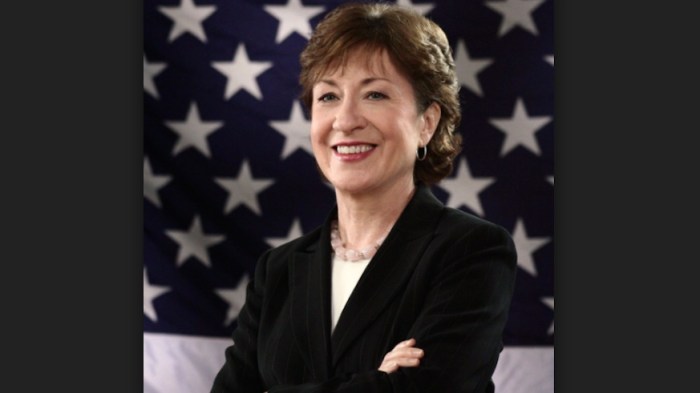Sen. John McCain (R-AZ) said on Friday afternoon that he will vote “no” on the Graham-Cassidy bill to repeal the Affordable Care Act, likely ending the Republican effort eight days before the deadline for a vote.
McCain had previously advocated for a return to regular Senate order in considering healthcare reform, including hearings, committee work and the opportunity for Democrats to offer amendments. He reiterated that desire on Friday and called for bipartisanship going forward. “I cannot in good conscience vote for the Graham-Cassidy proposal. I believe we could do better working together, Republicans and Democrats, and have not yet really tried,” McCain said in a statement.
Republicans were planning to speed the bill to a floor vote next week, without a Congressional Budget Office score of how much the plan would cost or how many people would lose their insurance under it. But public opinion snowballed this week. Analysts criticized it as more severe than previous Republican bills. Numerous groups came out against it, including AARP and the American Medical Association. Yesterday, the Medicaid directors of all 50 states condemned it. And perhaps most visibly, late-night host Jimmy Kimmel has engaged in a high-profile battle with bill co-sponsor Sen. Bill Cassidy, calling the senator a “liar” about its contents and protections.
Senate rules hold that Republicans’ ability to pass healthcare reform with only 50 votes will end on Sept. 30. With a 52-seat majority in the Senate, Republicans can lose only three votes, counting on Vice President Mike Pence to cast a tiebreaker. Already, Sen. Rand Paul (R-KY) had said he would vote “no,” calling the bill “Obamacare lite.” Sen. Susan Collins (R-ME) said she was leaning “no,” and Sen. Lisa Murkowski (R-AK) was undecided. McCain was considered the biggest wild card.
Graham-Cassidy — named for co-sponsors Sen. Lindsey Graham and Sen. Cassidy — would turn Affordable Care Act funding into block grants for states, pulling money from some and reapportioning it to others, reducing the overall total over time. Pre-existing conditions would no longer be protected. Billions of dollars would be cut from Medicaid. And health-insurance companies would again be allowed to sell plans that didn’t cover basic services, such as prenatal care.
McCain’s call for bipartisan reform echoes a letter sent to Senate by a group of governors from both parties, in which they urged that Graham-Cassidy not be considered and joint Republican-Democratic efforts resume, such as committee work by Sens. Lamar Alexander (R-TN) and Patty Murray (D-WA) which was under way before Graham-Cassidy quashed it.

